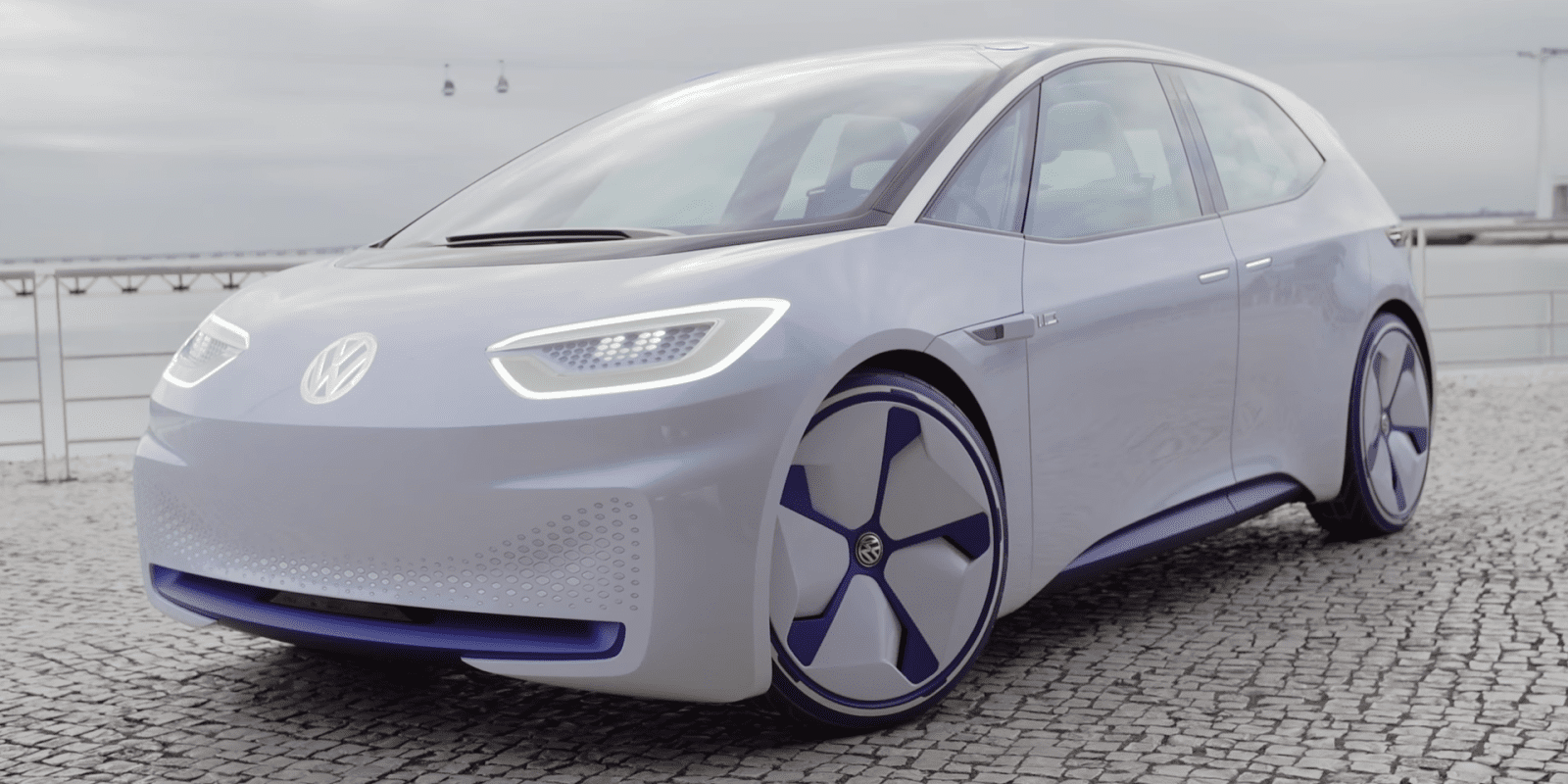Volkswagen AG put Tesla, Nissan, GM and every other global electric vehicle OEM on notice this week upon announcing that it intends to boost its development and production of EVs “on a massive scale” in the next few years.
The company – which was the world’s largest auto manufacturer as of the end of 2017 – currently builds EVs at three of its facilities. By 2020, that number will expand to nine. And by 2023, 16 Volkswagen production plants will be rolling EVs off assembly lines.
“Over the last few months, we have pulled out all the stops to implement ‘Roadmap E’ with the necessary speed and determination,” Volkswagen AG CEO Matthias Müller said on Tuesday during a presentation in Berlin.
Müller noted that the company has already inked contracts valued at EUR 20 billion with partners in China and Europe for the production of EV batteries. The partners that have been named thus far include Samsung SDI Co., LG Chem Ltd. and Contemporary Amperex Technology Ltd. However, Volkswagen has not committed to a battery supplier for North America – but that decision is coming “shortly,” according to the company.
Roadmap E, which VW announced in September 2017, calls for an electrified version of every Volkswagen Group model to be available no later than 2030.
Roadmap E, which VW announced in September 2017, calls for an electrified version of every Volkswagen Group model to be available no later than 2030. More than 80 new EV models will be commercialized by 2025, including 50 100% battery-powered vehicles and 30 plug-in hybrids. The company said up to 3 million all-battery EVs could be produced in 2025.
Last fall, VW noted that it would be seeking to fulfill battery supply contracts valued at up to EUR 50 billion in order to meet its Roadmap E goals.
“With ‘Roadmap E,’ we have sent a powerful message of our resolve,” Müller said this week.
Today, the company’s complement of EVs totals eight models. VW says another nine (including three all-battery models) will be added to the mix in 2018. Then, a new EV will be released “virtually every month” from 2019 onward, Müller said.
“Significant investments like these will drive down prices for electric cars, making them even more affordable,” Joel Levin, executive director of Plug In America, told ACT News. “Innovations in energy storage clean the air in communities around the world and help reduce our crippling dependence on oil.”
It dovetails nicely with VW’s investment in EV charging infrastructure, embodied by the resource allocation plan being pursued by Electrify America, the organization created by VW to spend the $2 billion ZEV Investment Trust in the U.S.
Cliff Gladstein, president of Gladstein, Neandross & Associates and publisher of ACT News, lauded VW’s announcement as a major step in the right direction to deploy electric vehicles at accelerated rates around the country.
“VW’s announcement is a major development and will put pressure on all other vehicle manufacturers to step up their game on their EV product offerings,” he said. “It also dovetails nicely with VW’s investment in EV charging infrastructure, embodied by the resource allocation plan being pursued by Electrify America, the organization created by VW to spend the $2 billion ZEV Investment Trust in the U.S. — $800 million in California alone — on EV charging infrastructure and EV education and access initiatives.”


